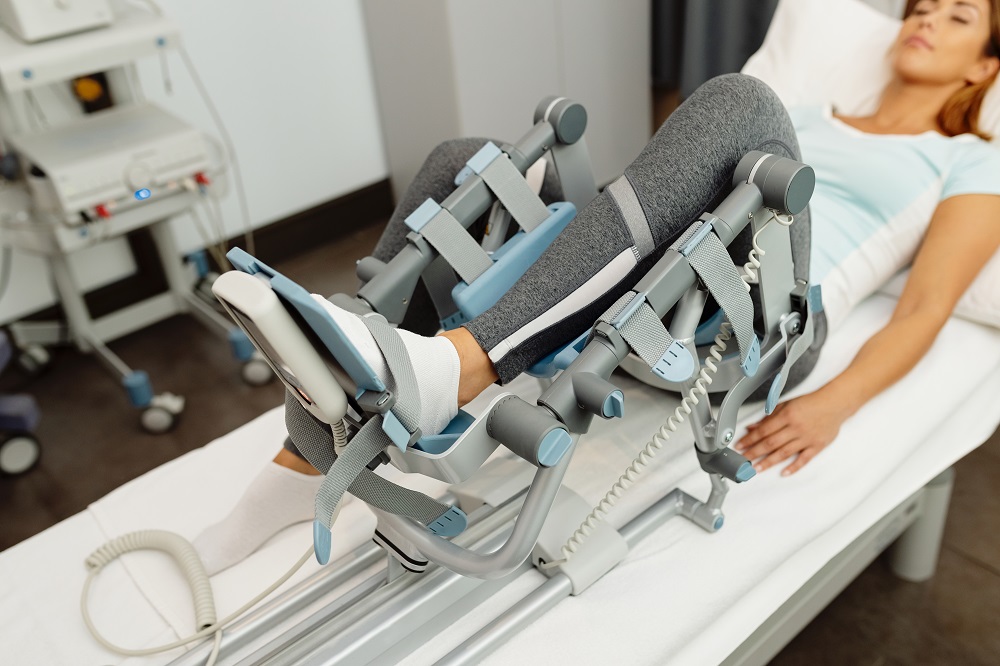In the realm of orthopedics, traditional surgical approaches have long been the go-to solution for addressing musculoskeletal issues. However, with the rapid advancements in medical technology, a new era has dawned – one where non-surgical orthopedics takes center stage. This paradigm shift offers a plethora of benefits, promising not only effective treatment but a significant improvement in the overall quality of life. In this blog post, we will delve into the world of non-surgical orthopedics, exploring its various facets and understanding how it can be a game-changer in enhancing your well-being.
The Evolution of Orthopedic Treatment Options:Traditionally, orthopedic issues were often synonymous with invasive surgeries, lengthy recovery periods, and potential complications. Non-surgical orthopedics, however, introduces a breath of fresh air by embracing minimally invasive techniques. These innovative approaches prioritize patient comfort, utilizing state-of-the-art technologies to diagnose and treat orthopedic conditions with precision.
Minimally Invasive Orthopedics:At the heart of non-surgical orthopedics lies the concept of minimally invasive procedures. Unlike traditional surgeries that involve large incisions and significant trauma to the surrounding tissues, minimally invasive techniques aim to achieve the same therapeutic outcomes with minimal disruption. This not only reduces the risk of infections but also accelerates the recovery process, allowing patients to return to their normal activities sooner.
Non-Surgical Joint Care:One of the primary focuses of non-surgical orthopedics is joint care without resorting to surgical interventions. Conditions such as osteoarthritis, tendinitis, and bursitis can significantly impact the joints, causing pain and limiting mobility. Non-surgical joint care employs a holistic approach, incorporating physical therapy, regenerative medicine, and targeted injections to alleviate pain and promote joint health. By addressing the root cause of the problem without invasive procedures, patients can experience a substantial improvement in their overall quality of life.
Orthopedic Pain Management:Chronic pain resulting from orthopedic issues can be debilitating, affecting not only physical well-being but also mental and emotional health. Non-surgical orthopedics places a strong emphasis on pain management strategies that do not involve surgery. From medication management to innovative therapies such as radiofrequency ablation and nerve blocks, patients now have access to a comprehensive array of options to manage their pain effectively. This not only enhances comfort but also allows individuals to engage in daily activities without the constant burden of pain.
The Role of Regenerative Medicine: In recent years, regenerative medicine has emerged as a groundbreaking aspect of non-surgical orthopedics. Stem cell therapy and platelet-rich plasma (PRP) injections offer a regenerative approach to healing damaged tissues, promoting natural repair mechanisms within the body. These treatments have shown promising results in addressing a range of orthopedic conditions, from soft tissue injuries to degenerative joint diseases. By harnessing the body’s innate healing potential, regenerative medicine opens new doors for non-surgical interventions that can significantly improve the quality of life for individuals suffering from musculoskeletal issues.
Personalized Treatment Plans:Non-surgical orthopedics recognizes that each patient is unique, and a one-size-fits-all approach may not be suitable. Consequently, healthcare providers in this field prioritize personalized treatment plans tailored to the specific needs and conditions of each individual. This patient-centric approach ensures that the treatment is not only effective but also aligned with the patient’s lifestyle and preferences, contributing to a more positive and empowering healthcare experience.
The Psychological Impact:Beyond the physical benefits, non-surgical orthopedics can have a profound impact on the psychological well-being of individuals. The avoidance of surgery, with its associated risks and uncertainties, can alleviate anxiety and stress commonly experienced by patients facing traditional orthopedic procedures. The faster recovery times and reduced post-treatment restrictions further contribute to an improved mental state, allowing patients to regain a sense of control over their lives.
Revolutionizing Orthopedic Care: The Non-Surgical Approach with DR. Jeff Steinberg
Non-surgical orthopedics represents a revolutionary shift in the approach to musculoskeletal care. By embracing minimally invasive techniques, prioritizing non-surgical joint care, and incorporating cutting-edge treatments like regenerative medicine, this evolving field offers a holistic and patient-centric approach to orthopedic issues. The emphasis on personalized treatment plans and effective pain management not only addresses the physical aspects of musculoskeletal conditions but also enhances the overall quality of life for individuals seeking relief from orthopedic issues. As we continue to witness advancements in medical technology, the future of orthopedics seems brighter than ever, promising a world where individuals can experience improved well-being without the need for invasive surgeries.
Ready to embrace a future where your well-being takes center stage?
Discover the transformative possibilities of non-surgical orthopedics treatment with Jeff Steinberg MD. Say goodbye to the limitations of traditional approaches and step into a realm of minimally invasive techniques, personalized treatment plans, and revolutionary regenerative medicine

